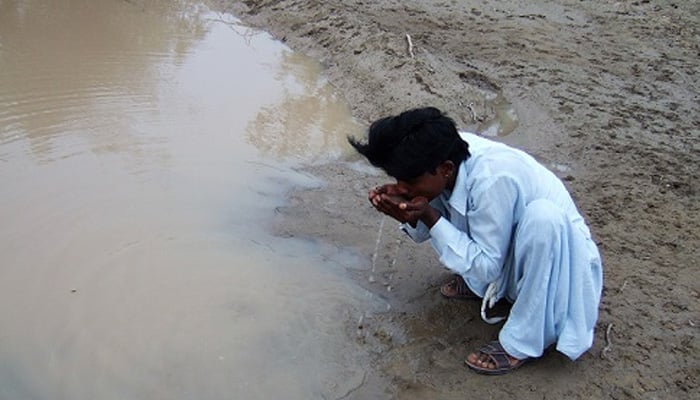INSUBCONTINENT EXCLUSIVE:
Water conservation: from schools to Okara farmsAn elderly man leans against the brick walls of a primary school
in Bhatti Dhilwan Village near Sheikhupura with his arms folded above his elbows
Pakistan has embarked on a journey to contribute towards alleviating the suffering of the underprivileged.Last year, a shocking report
revealed that the available groundwater was laced with arsenic
The area also lacked a filtration plant that could make water fit for human consumption.Residents continued to suffer until personnel at
Sheikhupura water factory decided to use their expertise to tackle the problem to the best of their abilities
Soon enough, the installation of the filtration plant was completed and villagers from not only Bhatti Dhilwan but also other nearby hamlets
flocked to the facility to fetch clean drinking water.The now-refurbished building of Government Primary Boys School stood as a beacon of
hope amid the humble surroundings of the village
Four steel taps, which were installed on the marbled wall, would remain open between 7am and 10am in the morning, and 4pm and 6pm in the
This allows villagers to fill as many water cans as they want to.Cow waterThis and several other initiatives are being taken by the company
to ensure water conservation in an increasingly water-stressed Pakistan
The factory, which is the first to be awarded AWS certification, is using various techniques to minimise the amount of water that is being
agricultural land -- another location where the company is using different strategy to reduce water wastage
Allah Bakhsh, an agricultural adviser in Okara, says that sustainable initiatives has been taken to uplift the agricultural sector.He
explains that instead of relying on international markets for basic raw materials, including chilli and maize, the company is empowering
What is even more fascinating about this setup, helping local farmers adapt to modern irrigation techniques, including drip irrigation
been installed in collaboration with the Lahore University of Management Sciences (LUMS).These sensors measure the water level of soil and
send data to the cloud from where farmers are informed about the area which they need to irrigate
This watersense technology helps reduce water wastage.Farms that use traditional methods of irrigation often use thousands of litres of
water to get only a kilogramme or maybe less of a certain crop

